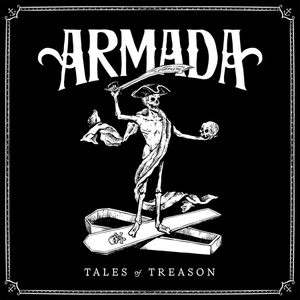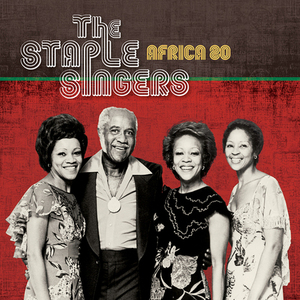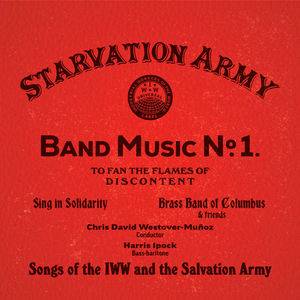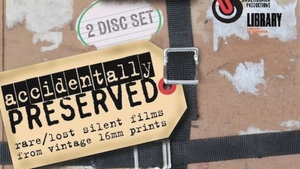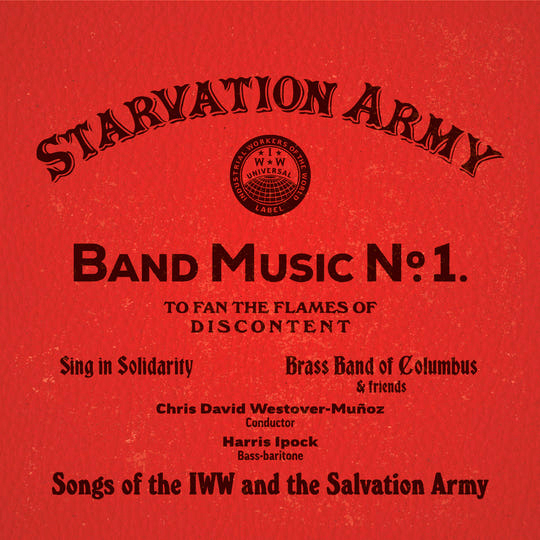
Music as Memory
Archive Archaeology
Reliving History Through Song
by Bob Pomeroy
Music is an integral part of life, whether you’re a crate-digging collector or someone who only occasionally listens to the radio. When you hear the Star Wars theme, you know exactly what it is, and memories of the first time you saw the movie come back. When you hear a Glen Miller song, it’s easy to associate it with the Big Band era. Two recent projects tap into the mnemonic properties of music: Ancestor Sounds by Africatown, AL (PM Press/Free Dirt Records) uses field recordings to create an impressionistic portrait of a traditionally black neighborhood in Mobile, Alabama; and Starvation Army: Band Music No. 1 (PM Press / Free Dirt Records) illustrates a piece of labor history from when Union brass bands battled Salvation Army bands over the right to speak out and organize workers.

Africatown, AL, Ancestor Sounds (PM Press/Free Dirt Records)
Ancestor Sounds is an aural impression of the Africatown neighborhood in Mobile, Alabama. The recordings are all first-take field recordings, made on the streets and front porches of the community. The record features songs and stories by residents as well as ambient sounds. The somewhat bleak, industrial nature of the area seeps into the recordings, adding gritty realism. Some of the residents heard on the record are descendants of enslaved people who arrived in Alabama on the Clotilda, the last slave ship to bring human cargo to America.
The album opens with “Run if You Can (Don’t Go Down That Road), a low moan of blues, simply accompanied by a plucked guitar. The song sets the mood of the project: stark, sad, and defiant. “Lead Me Home” is a gospel tune drenched in natural reverb that makes it sound like the chanting of ghosts. “Africatown in Their Face” is an unaccompanied rap about living in a difficult situation.
As powerful as the songs are, the spoken-word pieces are the most moving tracks. Accompanied by distant ship horns, an elderly man talks about how Africa was never mentioned in his home when he was a child. Family lore is recounted on “First Thing He Did Was Build a Drum” and “Haunted by Her Capture,” which show how the memory of slavery reverberates down the generations.
Ancestor Sound is intended as the audio companion to the book Missing Music: Voices from Where the Dirt Roads End by Ian Brennan with photographs by his wife, Italian-Rwandan photographer/filmmaker Marilena Umuhoza Delli.

Brass Band of Columbus and Friends, Starvation Army Band Music No. 1 (PM Press / Free Dirt Records)
Starvation Army: Band Music No. 1, Songs of the IWW and the Salvation Army illustrates the 1909/1910 Free Speech struggles in Spokane, Washington. The conflict arose when the city passed an ordinance forbidding people from making speeches on public streets, The ordinance was an attempt to thwart Union organizing. The Industrial Workers of the World (IWW) responded to the ordinance by staging a Free Speech Day and encouraging supporters to come to Spokane and “fill the jails.” Spokane was one of the first major Free Speech actions and examples of nonviolent protest in the US, and one that used music as one of its major organizing tools.
In an effort to drown out the Union speakers, the bosses hired Salvation Army bands to play hymns. The IWW responded with their own brass band playing parody versions of the hymns. “My God I am Thine” became “Hallelujah, I’m a Bum” in the IWW’s hands. The bands played against each other, like an early version of stereo wars. In the end, the public sided with the Union (in part because their music was more entertaining) and the repressive ordinance was repealed. The IWW took their Free Speech crusade to other towns, where organizing was being repressed.
The music of both the IWW and the Salvation Army is recreated by the Brass Band of Columbus with the NY Democratic Socialist Choir. The songs on Starvation Army include the Christian hymns with their satirical counterparts, along with songs from the IWW Little Red Song Book. There are songs here by the legendary Union organizer Joe Hill, composer Charles Ives, and anonymous Union members.
The band and choir seek to recreate the feel of those early 20th Century protests and counter protests. The record sounds like something from the Library of Congress archives, without the scratchiness of early recordings.
Ancestor Sounds and Starvation Army are two different ways of using music to evoke memory. Ancestor Sounds goes for a timeless impression of Africatown, while Starvation Army is more of a historical document of a time and place. Both projects do a remarkable job.








